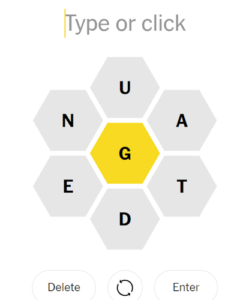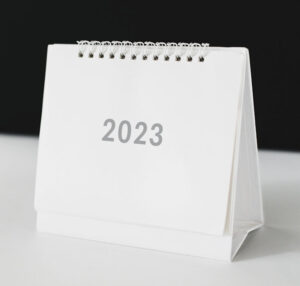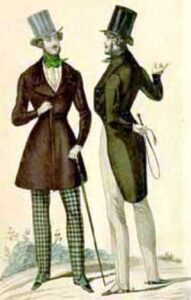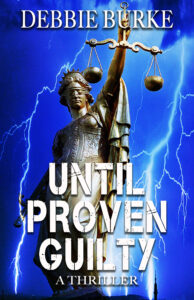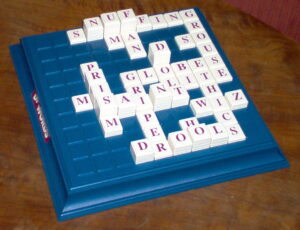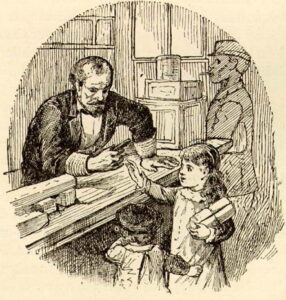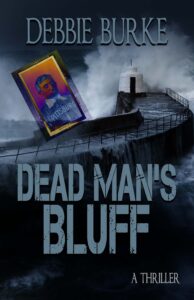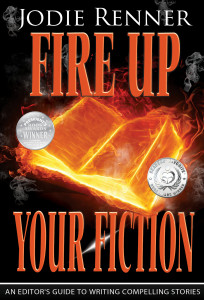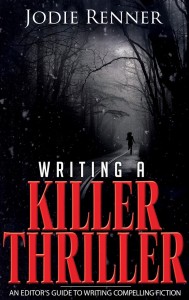by Debbie Burke
@burke_writer

Image purchased from Shutterstock
I can now claim credit for contributing to a TED talk about the search for life on distant planets. Sounds impressive, right?
My contribution?
One word.
Not an important insight. Not a blinding revelation. Not a ground-breaking development.
Nope.
One word, and not a particularly important one.
But it was the right word.
Dr. Sarah Rugheimer, an astrophysicist at Oxford (whom I’m privileged to call friend) was selected to give a TED talk about her research into detecting alien life. While preparing her speech, one line she’d written bothered her. She sent it to me for suggestions.
The concept was complicated. The sentence was awkward and ambiguous with double negatives. It lacked parallel construction.
We spent the morning texting variations back and forth. We finally whittled it down to an easy-to-understand line except for one stinkin’ word—something.
Something in fact means nothing. It’s a convenient catch phrase that’s vague and can refer any number of things. We fall back on it in conversation because it’s easy and we’re too lazy to be specific.
But this talk was too important to take the lazy way out.
The discussion with Sarah made me think more deeply into how to find the perfect word. I’ve edited a lot but never really analyzed the process.
In early drafts, don’t worry about perfection. Use whatever words come to mind, even if they’re not very good. These tips are useful after you’ve completed the manuscript when you edit and fine-tune.
What qualities does a writer and/or editor search for that make up perfect word choices?
Here are eight I came up with:
- Specific
Take a common word like road. That doesn’t convey much to readers. To create a vivid picture in their mind, consider alternatives: lane, trail, byway, path, street, interstate, thoroughfare, boulevard, avenue, alley, artery.
All mean road but notice how each variation conjures a different type of road.
Laser focus on exactly what you want to express. She wore a sexy dress becomes The silk chemise clung to her body.
Keep narrowing your list of possible words until you hit on the word that exactly reflects what you want the reader to visualize.
- Descriptive
Verbs are perhaps the most important word choices writers make because they push, shove, and elbow the characters into actions that advance the plot. To convey action vividly requires precise verbs.
Crime writers have particular vocabulary needs.
How many ways can you say kill, murder, slaughter, butcher, dispatch, smoke, stab, strangle, garrote, assassinate, terminate, rub out?
How about kidnap, abduct, snatch, capture, shanghai, victimize?
Or con, bilk, swindle, bamboozle, fool, defraud, sham, exploit, deceive?
Jim Bell recently discussed using a thesaurus. I use it often to find verbs that are vivid …as long as they’re not pretentious!
- Appropriate
I’m not talking about adult language or NSFW (not suitable for work), although those are important considerations for a writer.
Rather, is a particular word in keeping with the setting, character, and circumstances?
A rural farm locale has a different cadence and rhythm than a noisy, bustling street in Hong Kong.
A preschool teacher probably won’t talk the same way a construction worker does.
In the middle of the flashing strobes of a rave, the character likely isn’t meditating about the meaning of life…although the setting may prompt an existential question: What the &*$# am I doing here?
Choose words that are appropriate for each scene.
- Sensory
Smell, taste, and touch are often neglected yet they add great texture to storytelling.
Smell can be flowery, acrid, pungent, stinky, musky, fragrant, mouth-watering, decaying, cloying, wet-dog.
Taste can be bitter, tart, sweet, salty, peppery, sour, rotten, nauseating, rich, creamy.
Touch can be a slap, blow, swat, caress, stroke, punch, slam, hug.
- Evocative
What kind of mood do you want to create for different scenes in your story? If a scene is mysterious, chilling, and foreboding, word choices are far different from a cheerful, sunny, carefree picnic.
Is the character slogging through a sweltering, stifling, claustrophobic jungle?
Or hiking in crisp, bracing, autumn air?
Is the character melancholy over the loss of a loved one?
Enraged by a driver who cuts him/her off?
Quivering with anticipation for a reunion with a lover?
- Emotional
Saying Rose felt sad or Bill was elated is not good enough. Telling emotions rather than showing them makes flat characters and flat writing.
Readers seek a vicarious emotional experience in books. Our quest as writers is to make readers feel as if they’re inside the character’s skin.
No one wants to be pushed off a cliff in real life. But when they read about a character whose hands are torn by sharp rocks and whose feet flail to stop their free fall, they get to have that experience vicariously…without broken bones and traumatic brain injuries!
Music is an effective conveyor of emotion. Think of songs that make goosebumps rise or carry you back to a forgotten time or experience.
The goal is to find words that evoke emotional reactions as strongly as music does.
In this 2014 article from Frontiers in Psychology, authors Ai Kawakami, Kiyoshi Furakawa, and Kazuo Okunoya state:
“We consider musically evoked emotion vicarious, as we are not threatened when we experience it, in the way that we can be during the course of experiencing emotion in daily life. When we listen to sad music, we experience vicarious sadness.”
What do you want the reader to feel in any given scene? Heartened, hopeful, distressed, depressed, ecstatic, puzzled, disappointed, awed, furious, impatient, frustrated, terrified. Choose the emotion then find ways to depict that feeling through carefully selected words that show the emotion.
- Accurate
When using jargon, be sure to use it correctly. Readers are fussy about terminology, meaning writers have to be fussier.
Is it a gun, rifle, shotgun, carbine, pistol, revolver? If you slip up and call a magazine a clip, John Gilstrap will bust you.
Is your character going to arraignment, trial, hearing, sentencing, inquiry, tribunal, proceeding? Is s/he being questioned, deposed, interrogated, grilled?
Is the job title a prosecutor, county attorney, state’s attorney, district attorney, solicitor?
Is the character facing jail time or prison time? One hint: jail generally indicates minor offenses for a term less than a year. Prison generally means felony offenses with sentences for more than a year.
Even if you think you know the meaning of a particular term, double check.
- Resonant
When you find the perfect word, it’s like hitting a high note or that special crack of a bat that sends the ball into the stands.
You know it when you find it.
And readers know because your story is on pitch and memorable.
My one-word contribution to Sarah’s TED talk?
Clue.
See, I told you it wasn’t earth-shattering. But if we’d settled for a lazy, sloppy, meaningless word like something, listeners might not notice but they would be aware that something was off.
TKZers: Please share the resources and tricks you use to find The Perfect Word.
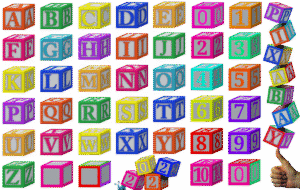
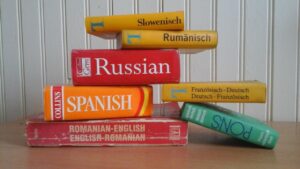



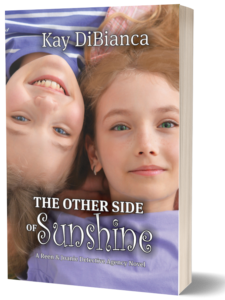 Coming Soon!
Coming Soon! 






